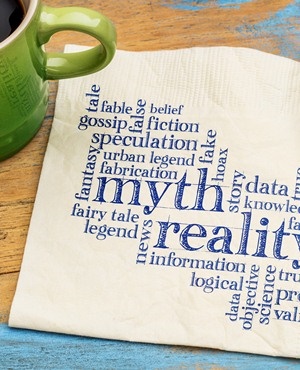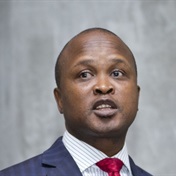
One of the cornerstones of a stable democracy has always been fair access to information. Information is absolutely essential for the exchange of ideas, a necessary step in pursuit of human development in society.
To this end the media serves as a key platform through which information can be publicised and shared. Where the majority of people have equal access to credible information, society seems to do better when it comes to the quality of democracy experienced.
The great enemy of democracy is therefore disinformation, which is even worse than a pure lack of information. Lack of information also diminishes the quality of democracy. One of the reasons for deficiency of democracy in post-colonial African countries is poor levels of access to information.
It is a sad situation that the majority of people on the African continent, and perhaps generally across the world, still lack access to information. Those who do have access do not enjoy it affordably and consistently. The implication is that the majority of people on the African continent do not enjoy meaningful participation in democratic processes, where democracy is adopted.
While the world is reaping the rewards of the digital age where information is widely shared almost instantaneously, African citizens continue to be held back by poverty as they cannot afford the necessary devices and infrastructure to ensure they enjoy access to information.
This cripples democracy, subsequently leading to citizens losing confidence in the system as a way of organising society. This completes the cycle; that democracy performs poorly in poor countries while it works better in rich countries where citizens have access to more goods and services.
While many African countries are hard at work improving the quality of their democracies and adopting the necessary policy frameworks to ensure that citizens have access to information, the outbreak of "fake news" has damaged the progress made.
Fake news is basically disinformation aimed at driving a particular agenda. Quite often, fake news is meant to shape the public opinion about an issue in a particular manner, leaving no space for the reader to independently exercise their mind about the news item reported on.
Where credible information has value in shaping how people make choices in life, disinformation has the opposite effect. Disinformation is meant to discourage people from believing in the truth. It can be achieved by publishing outright false stories about people or developments in society, or by attacking credible information and spreading an alternative, desired version.
How do we deal with the problem of fake news in a democracy like South Africa, given the fact that the majority of citizens do not enjoy consistent access to news in the first place?
As is the case with many African countries, the majority of people in South Africa do not enjoy full or consistent access to information. This is because of poverty which makes it difficult for them to afford access on one hand, and lack of education which renders the information inaccessible because of the manner in which it is relayed.
For those people who have not always had previous access to information, some of their first encounters with information might be through fake information, or fake news. It is important to ask where does this put them: will it shape their basic skills to handle information in a distinct way?
For those who have had fair access to information, encounters with fake information or fake news might not be as detrimental as it is case with those who never had access in the first place.
In this case, does the state have a responsibility to protect people from fake information, and what form should such protection take?
This is the topic I found myself discussing a few times in recent months.
I do not think the state or governments should concern themselves with protecting citizens from fake news, lest to say allow for free flow of information and allow the media to report freely.
Even credible media houses are struggling with this phenomenon of fake news, which requires that they remain vigilant when it comes to ensuring credible reporting.
People who have access to information will eventually develop skills on how to select credible information from fake information. The behaviour of politicians in this regard has not helped the situation.
When confronted with negative reporting about their conducts, politicians tend to use a one-liner defence: "It's fake news."
Allegations of fake news where news is actually authentic is something that is just as deceitful as fake news. The best way out of this is through a vigilant citizenry with access to diverse types of information from diverse platforms.
- Ralph Mathekga is a Fellow at the SARChI Chair: African Diplomacy and Foreign Policy at the University of Johannesburg and author of When Zuma Goes.
Disclaimer: News24 encourages freedom of speech and the expression of diverse views. The views of columnists published on News24 are therefore their own and do not necessarily represent the views of News24.




 Publications
Publications
 Partners
Partners

























